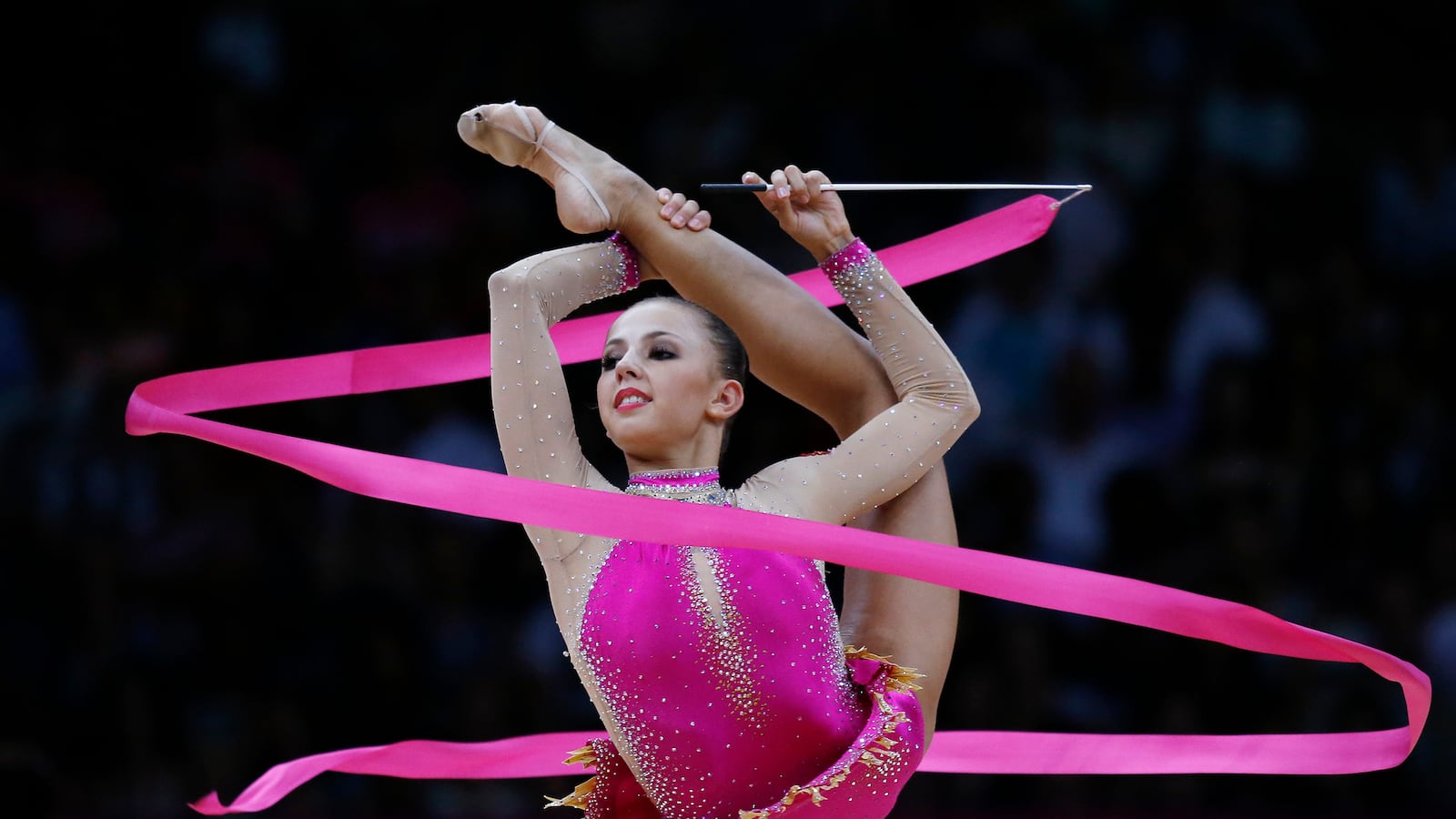Juan Antonio Samaranch ruled the International Olympic Committee from 1980 to 2001. Once a youth organizer for Spain’s Fascists, he was considered a pioneer in the modern Games. He wanted to be called “Your Excellency.” He created bidding wars for the chance to host the Games, which also makes him the father of modern Olympic corruption, the architect of selling committee votes to the highest bidder. (Or made—Samaranch died in 2010; Belgium’s Jacques Rogge took the international body’s reins in 2001 and is about to retire.) It’s been a lucrative business for some lords of these rings. Until they got caught.

Here, a compendium of some the IOC’s most corrupt moments.
Salt Lake City: The Mother of All Scandals
After several unsuccessful bids to host the Olympics, Salt Lake City broke bad in 1998. The IOC’s Marc Hodler snitched on his money-grubbing colleagues, saying that they had accepted bribes to vote for the city for the 2002 Winter Games. It turns out people on the Salt Lake Organizing Committee had done a lot for certain IOC members: they paid for family vacations, paid for plastic surgery, paid for ski vacations, paid college tuition, paid for Super Bowl tickets. And they gave Olympic officials loads of cash, with bribes totaling somewhere between $3 million and $7 million. There even emerged allegations of prostitutes provided to sway voters. But the watershed moment in Olympic bribery also marked the hiring of Mitt Romney to save the Olympics. He did, mostly.
For Sale: Really Expensive Tickets to London
A Sunday Times investigation revealed that Olympic ticket agents resold thousands of passes to the 2012 Games at more than 10 times face value. These tickets were supposed to be sold at relatively normal price to hard-working, Olympic-loving people of 54 different nations. That didn’t happen. Instead, the offending distributors made a killing off the sales. Someone in Serbia hawked 1,500 tickets for £80,000 in cash—about $125,000. In China, single tickets went for as much as £6,000. Of the nearly 9 million tickets available for the Games, about 1.2 million were distributed to these crooks.
The biggest rat bag in this scandal: Greek Olympic Committee president Spyros Capralos. Capralos—a major player in the 2004 Athens Olympic campaign—was captured on tape saying that he “pulled strings” to get more tickets to sell. His excuse: the Greeks really, really wanted to go to the Games.
Nagano Parties Like It’s 1998
Before the final vote to determine the host of 1998’s Winter Games, the campaign for Nagano reportedly hosted a monster party for the IOC in Neville Chamberlain’s old house in Birmingham, England The lavish 1991 affair—supposedly an ultra-secret ball—apparently cost 24 million yen (about $240,000). That explains the women in kimonos serving sushi. Despite not really being prepared to host, Nagano won the bid. Meanwhile, Salt Lake City, equipped with a monster stadium, would later be considered the better choice.
No One’s Happy That Wrestling Got Booted From 2020 Games
Wrestling had been an Olympic sport since the 1886’s inaugural modern Games in Athens. It’s ancient, it’s popular, and it may not be there in 2020. In February, the IOC voted to cut the sport. The final decision, shrouded in more secrecy than the papal conclave, came down to a choice of wrestling, field hockey, and modern pentathlon (canoeing, kayaking, and tae kwon do escaped the previous round of voting). Modern pentathlon, which involves fencing, horse riding, swimming, running, and shooting, was expected to be dumped. But in a shocking turn of events, wrestling got eight of 14 votes and the heave-ho. Juan Antonio Samaranch Jr. (yes, the son of Juan Antonio Samaranch) is a member of the IOC’s board and is also a vice president of the International Modern Pentathlon Union. This is probably unrelated.
Rhythmic Gymnastics Gets a Little Edgier
A report this year revealed that 60 rhythmic-gymnastics experts—the people vying to be judges at the 2016 Games in Rio de Janeiro—tested positive for being absolutely horrendous cheaters. Test sheets used on experts in the event revealed many failed attempts to score better. Erased pencil markings were still on the page. One exam had two different handwriting styles. Some foolishly copied their neighbors’ incorrect answers (we assumed they leaned across the aisle, maybe twirling a ribbon with a stick). The test fraud spanned from Romania to Moscow and Alicante, Spain, and the cheaters were from the U.S., Egypt, Japan, and Russia. It’s unclear whether this will boost viewership for the sport.






